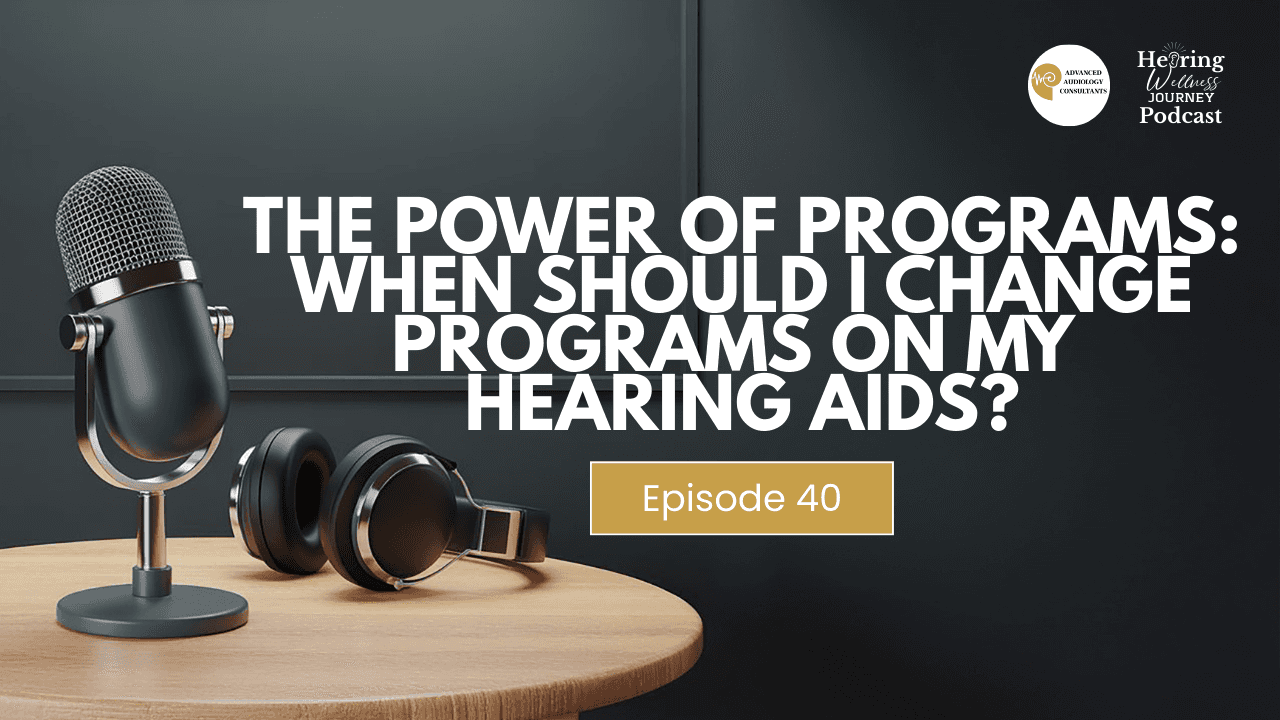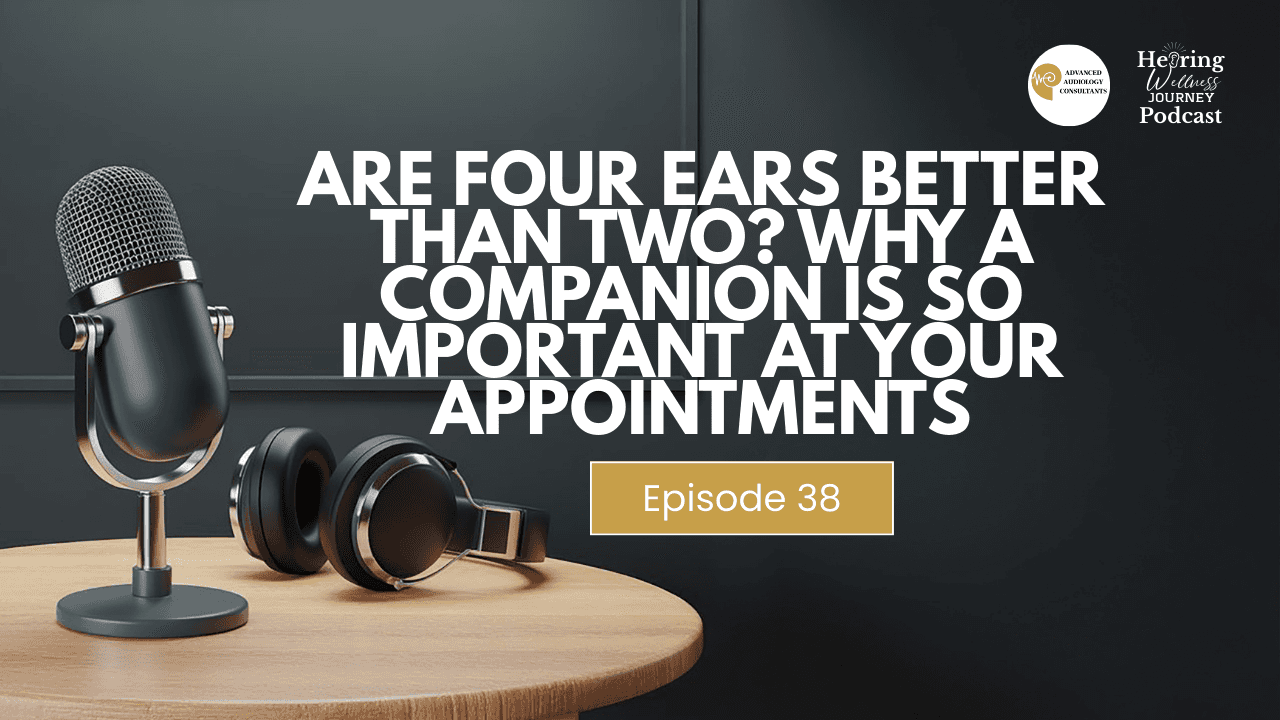Dawn Heiman, AuD
|
Jun 29, 2011
|
2 min read
Cognition and Your Hearing

Our abilities to maintain our brain function can be directly linked to our senses. If we stop listening to sounds, we can limit our abilities to process speech. Gradual hearing loss slowly reduces the amount of sound input to our brain. Most people first start to lose high pitched sounds, which makes speech understanding difficult, despite they hear someone talking at a good loudness level. Years of listening without those high pitched sounds can impair the brain’s ability to process speech, even when it is loud enough to hear. Hearing aids can help correct that deficit.
Studies have shown that as people age, their abilities to process speech slows, regardless of hearing loss. (Gosselin and Gagne, 2011). http://www.audiology.org/news/Pages/20110715.aspx
However, another recent study recently published revealed that if we train our brain to listen to fast speech and speech in background noise, just as a marathon runner trains their leg muscles, we have a better chance of maintaining its processing functions. (Gordon-Salant and Friedman, 2011) http://www.audiology.org/news/Pages/20110523.aspx This study was conducted with older blind adults and older sighted adults. The findings revealed that the group with vision loss had significantly better speech understanding abilities than the group with normal vision. This is believed to be the case because the group with vision loss tended to listen to books on tape, whereas the non-vision-impaired group did not partake regularly in this auditory training activity.
Moral of today’s blog: If you don’t use it, you lose it.
Popular Blogs

Dawn Heiman, AuD
|
Jun 29, 2011
The Power of Programs: When Should I Change Programs on my Hearing Aids?
Are you getting the most out of your hearing aid programs? Learn when to switch settings for clearer speech, better music quality, and less background noise.
Read More

Dawn Heiman, AuD
|
Jun 29, 2011
Why Do Hearing Aids Have Bluetooth, and Do You Need It?
Do hearing aids need Bluetooth to work? Learn how streaming, phone calls, and app control enhance accessibility—without being required for performance.
Read More

Dawn Heiman, AuD
|
Jun 29, 2011
Are Four Ears Better Than Two? Why a Companion is So Important at Your Appointments
Four ears really are better than two. Learn why bringing a companion to your hearing appointment leads to better understanding, stronger support, and better outcomes.
Read More

Dawn Heiman, AuD
|
Jun 29, 2011
Does Brain Fog Happen from Hearing Loss or Hormones?
Is your brain fog hormonal or hearing-related? This episode explores brain fog and hearing loss, menopause, auditory processing, and why women often feel unheard despite normal tests.
Read More

